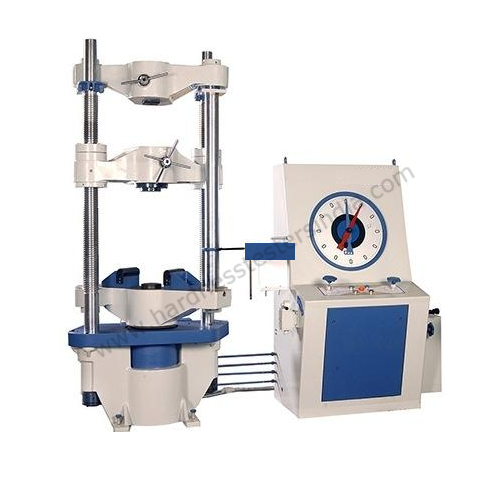

M.M. Engineers is a leading manufacturer, supplier, and provider of high-quality Analogue Universal Testing Machines in Mumbai, Navi Mumbai, and Thane. Our universal testing machines are designed for precise material testing across various industries, ensuring reliable performance for tensile, compression, and other mechanical tests. As trusted wholesalers and dealers, we offer durable testing solutions that meet the highest standards of quality and precision.
At M.M. Engineers, we also provide exceptional services for installation, maintenance, and calibration of our testing machines. In addition, we supply a wide range of spare parts to ensure the continued efficiency of your Analogue Universal Testing Machine. Whether you're looking for a comprehensive testing solution or require spare parts and servicing, we are your go-to partner in Mumbai, Navi Mumbai, and Thane for all your universal testing machine needs.
